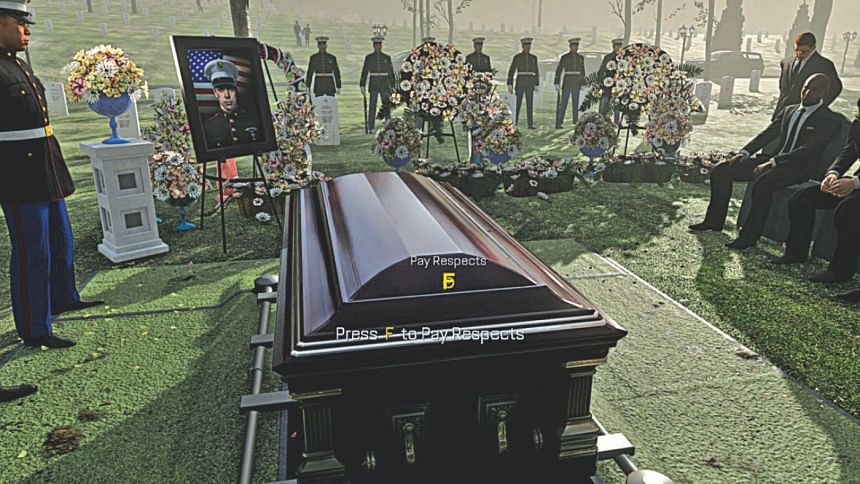Hand Holding in Video Games: How much is too much?

Every video game ever made has had to hold your hands in some way or another. Whether it was through tutorials or constant textual jargon, even a game like Dark Souls gave you some clues as to where you were supposed to go next. But do AAA games take this measure a little too far or are 34 different status bars and constant pop ups a sure fire way to success?
Great examples of minimal handholding off the top of my head include Hellblade: Senua's Sacrifice, Shadow of the Colossus, Portal, The Witness, Cuphead and the aforementioned Souls series. These games leave the player to tackle most objectives with what they already know about the game world and its mechanics. So would any of the games above be memorable if they came with a map or a difficulty setting or an objective tracker? Obviously not but safe for a couple of people, not a lot have played these games and for good reason.
Most AAA games however are more HUDs and UI than the actual games themselves. The Assassins Creed series, The Witcher series, GTA are all notorious examples of this. While most of these games allow you to disable the HUD, the question is why aren't they designed in a way so we can play them without feeling like the game is telling us what to do? This isn't even the worst kind of hand holding, it's just the most prevalent. Constant text pop ups reminding you of your objective or each piece of dialogue directing you towards your next destination, now those are the real annoyances.
A game like Shadow of the Colossus takes care of the map problem very well. It allows you to use the beaming light from Wander's sword to guide you towards the next boss battle. The lack of HUDs in that game is astounding and it's no wonder that it's hailed as one of the most immersive experiences in gaming. Another game devoid of HUDs and clear objective markers is The Witness. It's an open world puzzle game and it has literally no explanations attached to it. The game pulls you into its beautiful environment whilst you solve puzzles and traverse through its philosophically challenging world.
Let's assume a Dark Souls game where each NPC you talk to or each item description you read was out to point you in the right direction. Dark Souls is a brilliant example of the no hand holding model because of how little the game has to do with stats, mechanics and directions. But it's not the perfect example given how convoluted it can get at times. A great experience is when a game implicitly holds your hands while making the game about the world you are soaking in.
The clear winner of this kind of immersive experience is God of War. Out of the box, it has all the trappings of being a game that will hold your hand. But even with two sidekicks accompanying you, it never feels like they are directing you. The only forms of direction you get are the golden markers on your compass. The game doesn't pause for a second to tell you how to fight a boss. Atreus doesn't shout out hints at you either. It's all built into the game design, with cleverly placed dialogues and a streamlined world design.
I think it's fair to say that it's not as much a fault to AAA games than it is a fault with general game designs. The open world adventure model calls for objective markers and 16x12 maps off to the side. Survival games and puzzle games need difficulty setting sliders and Assassins Creed needs constant notification pop ups. But despite all that, the games which don't hold your hand leave you with a more accomplished state of self and leave you with your own unique take on the games themselves.

 For all latest news, follow The Daily Star's Google News channel.
For all latest news, follow The Daily Star's Google News channel. 



Comments